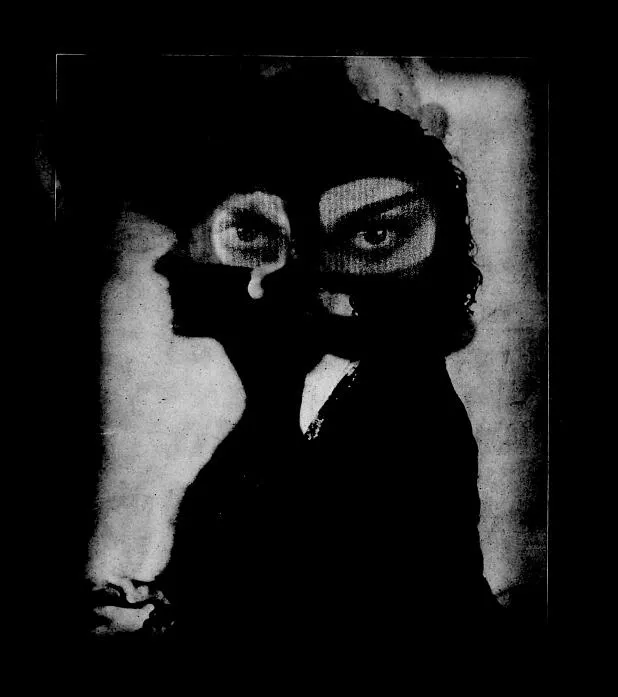A stark psychological study of the incel as a product of modern alienation, cultural violence, and the fractured shadow self buried within contemporary man.

ON SOCIETY
UNVEILING DEPTH. CHALLENGING PERCEPTION.

A stark psychological study of the incel as a product of modern alienation, cultural violence, and the fractured shadow self buried within contemporary man.